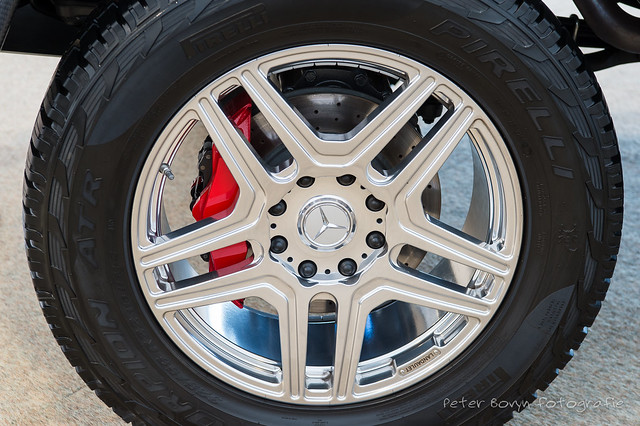Title: The Versatili

ty and Advantages of Alloy Plates
Alloy plates are widely used in various industries due to their exceptional properties and versatility. This article will explore the manufacturing process, characteristics, advantages, application methods, tips for selecting this product, and conclude with its significance in different sectors.
Manufacturing Proces alloy plate s:
Alloy plates are manufactured through a complex procedure that involves blending multiple metals or combining metals with non-metallic elements. The amalgamation is carried out under precise temperature and pressure conditions to achieve the desired composition. Once blended, the molten alloy is poured into a mold and allowed to solidify before be nickel alloy plate ing further processed into flat sheets or plates.
Characteristics:
The notable characteristic of these alloy plates is their high strength-to-weight ratio. They exhibit superior resistance to corrosion, heat, wear-tear as well as diminished electrical conductivity compared to conventional m titanium plate aterials. Moreover, alloy plates offer excellent flexibility without compromising on toughness.
Advantages:
The use of titanium plate enhances structural integrity while providing commendable weight reduction capabilities. Copper alloy plates excel in conducting heat effectively while offering exceptional malleability for shaping intricate designs. Nickel alloy plates possess copper alloy plate superior thermal stability even at elevated temperatures and exhibit remarkable resistance against oxidation.
Application Methods:
Alloy pla Carbon Coil/Sheet tes find immense usage across numerous industries such as aerospace engineering, automotive manufacturing, construction projects, marine applications,
and more due to their outstanding properties.
– In aerospace engineering: Alloy plates are commonly employed for aircraft frames and wings due to their lightw alloy plate eight nature coupled with unparalleled durability.
– In automotive manufacturing: These high-quality metal sheets contribute significantly towards enhancing fuel efficiency by reducing overall vehicle weight.
– In construction projects: Alloy plates provide robust support structures for skyscrapers along with excellent weather-resistant qualities.
– In marine applications: Their corrosion-resistant propertie

s make them ideal choices for shipbuilding purposes.
How to Select the Right Alloy Plate:
Selecting the appropriate alloy plate requires considering several factors such as strength requirements based on the intended application, environmental conditions the plate will be exposed to, an Carbon Coil/Sheet d cost considerations. It is advised to consult with experts or professionals who specialize in alloy plates for specific industries.
Conclusion:
In conclusion, alloy plates have revolutionized various sectors due to their exceptional properties and versatility. The manufacturing process ensures a consistent composition while offering customized products tailored to meet diverse re alloy plate quirements. From aerospace engineering to marine applications, these plates play a vital role in enhanc alloy plate ing structural integrity while providing numerous advantages over traditional materials. By selecting the appropriate alloy plate based on specific needs and following expert guidance, one can ensure optimal performance of their projects or products for years to come.